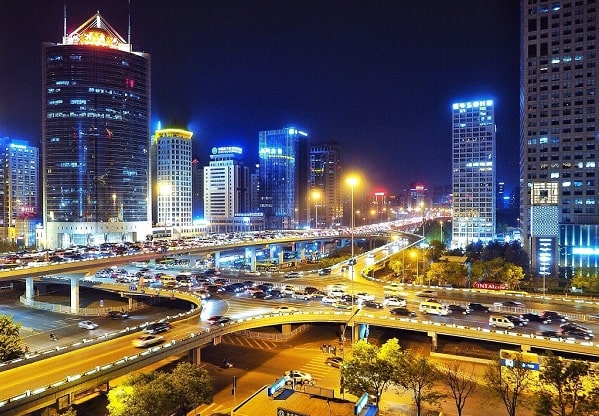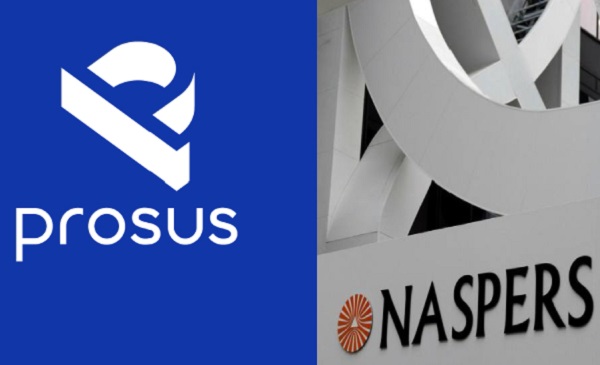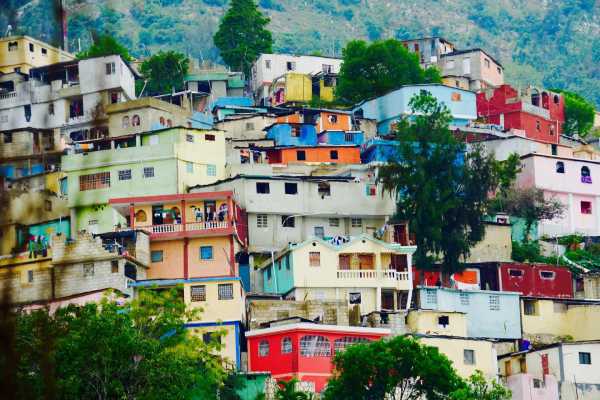Regulatory Bodies In Nigeria and Their Functions [Full List]
Regulatory bodies in Nigeria are public organizations or government agencies that are formed to carry out certain functions in some aspects of human development.
These regulatory agencies ensure that individuals follow the stipulated rules by the government and or public organizations to make sure that the nation is habitable and safe for living.
The following Regulatory bodies in Nigeria are obliged to ensure that the laws of the nation are supreme to all persons in environmental, social, or economic matters, safety, health, employment, crimes-related matters, and all other aspects of human specialization.
![Regulatory Bodies In Nigeria and Their Functions [Full List]](https://naijaxtreme.com/wp-content/uploads/2024/04/regulatory-bodies-in-nigeria-img.jpg)
The regulatory agencies in Nigeria are the law implementers; they create principles for businesses and ensure the safety of both consumers and workers.
List Of Regulatory Bodies In Nigeria And Their Functions
Central Bank Of Nigeria (CBN)
This regulatory body in Nigeria serves in the regulation of the country’s finance and other economic concerns. It is the highest authority for the management of monetary affairs in the country.
Its functions include the management of debt, maintenance of fiscal stability, provision of credit facilities, and balancing and stabilizing the nation’s economy.
Corporate Affairs Commission (CAC)
The CAC is the agency that sees you in the legalization of operation and formation of companies, industries, firms, and establishments in the country. The function of the CAC is to make sure that all companies in the country, implement the terms of the Companies and Allied Matters Act (CAMA).
The CAMA is the Basic law guiding the activities of companies in Nigeria. No legal Business can be run in Nigeria without first getting a registration from the CAC body. Their head office is located in Abuja. Read Also: The Cost of CAC Registration Fees in Nigeria
Department Of Petroleum Resources (DPR)
The DPR makes sure that all Nigerian citizens resident in the country, complies with the petroleum laws and features of the Oil and Gas industry in the country. Its fundamental aim is the coordination and preparation of documents about the petroleum reserves while ensuring that they reach and continue with the specified standards.
Economic Community Of West African States (ECOWAS)
ECOWAS is one of the five units of the African Economic Community (AEC). ECOWAS is a regional body that provides support to the countries in West Africa for economic growth. They also function to protect human rights, manage and maintain peace and stability, and implement policies for economic sustenance.
Economic And Financial Crimes Commission (EFCC)
EFCC is the agency responsible for investigating financial crimes related to issues like money fraud, laundering, and other economic vices.
Federal Aviation Authority Of Nigeria (FAAN)
FAAN is the agency with the duty of checking the airports in the country to ensure their safety and availability of use.
Federal Housing Authority (FHA)
This agency was formed to give recommendations to the government on issues regarding accommodation in urban and rural areas all across the country. Its main function is to ensure that quality houses are built and that the citizens live in houses that are at the least up to the minimum standards of living.
Federal Inland Revenue Service (FIRS)
FIRS is the revenue and tax collection body in the country. They obtain levies on businesses from the Federal and State government, assesses, and accounts for them. They also perform the function of collecting revenues accrued to the government.
The agency has the responsibility of enforcing tax laws and ensuring compliance by the citizens. They lay out penalties and sanctions for individuals who fail to comply.
Nigerian Air Force (NAF)
The main function of this agency is to protect Nigerians from threats to their security, by training personnel who embark on combat operations.
National Agency For Food And Drug Administration And Control (NAFDAC)
NAFDAC is a regulatory agency that preserves the health of the public. This agency has the responsibility of coordinating drugs, food, chemicals, cosmetics, packaged water, and medical devices; production, distribution, sale, import, export, and consumption in the country.
Their basic duty is to preserve the health of the citizens of the country, hence, they thoroughly investigate the regulated products consumed in Nigeria.
National Bureau Of Statistics (NBS)
The NBS publicizes and supervises research-based statistics that are conducted all over the country.
Nigeria Communications Commission (NCC)
This agency is saddled with the responsibilities of services provided by telecommunication companies that are qualitative throughout the country.
They concern themselves with businesses that revolve around telecommunications in the country. They also allow competition amongst operators in the telecommunication industry.
Nigerian National Assembly (NNA)
This regulatory agency takes on the law that promotes peace, and proper governance by the constitutions of the country, This agency can establish committees among its members.
Standards Organisation Of Nigeria (SON)
SON ensures that manufactured products align with the technical standards and ensures that goods locally produced in Nigeria meet up the required standards and the consumer’s demand.
They not only focus on locally made goods, but they also check imported goods to make sure that they too, meet the standard minimum requirements in Nigeria. Their basic aim is the improvement of Nigerians’ lives through standardization.
Other Regulatory Bodies in Nigeria include:
- Consumer Protection Council (CPC)
- Nigerian Army (NA)
- Nigeria Deposit Insurance Corporation (NDIC)
- National Health Insurance Scheme (NHIS)
- Nigeria Television Authority (NTA)
- National Pension Commission (PENCOM)
- Power Holding company of Nigeria (PHCN)
- Securities and Exchange Commission (SEC)
- West African Examination Council (WAEC)
Several other Regulatory bodies in Nigeria overseeing different matters are present as well. It is expected of every individual to know which of the agencies apply to our jobs and comply with their laws. The coordinated work of the government and these agencies will help increase the economic development of the country.
FAQs
Nigeria has the following 41 government and regulatory agencies: Budget Office, Federal Ministry of Finance.
Five independent agencies—the CFTC, FERC, NRC, FCA, and FMC—regulate primarily large businesses.
Regulatory agencies serve two primary functions in government: they implement laws and enforce laws. Regulations are how a regulatory agency implements laws enacted by the legislature.
Regulatory Group means the Company, the Company’s subsidiary undertakings, participations, participating interests, and any subsidiary undertakings, participations, or participating interests held (directly or indirectly) by any of the Company’s subsidiary undertakings from time to time.
Regulatory Powers (Standard Provisions) Act 2014 (No. …) states that new or amending Acts that require monitoring, investigation, or enforcement powers of the kind available under the Regulatory Powers Act should be drafted to trigger the relevant provisions of that Act unless there are compelling policy reasons to the contrary.
HSE is the national independent regulator for health and safety in the workplace. … They work in partnership with co-regulators in local authorities to inspect, investigate, and where necessary take enforcement action.
The regulatory measure means any law, regulation, rule, procedure, decision, policy, or administrative action.
Regulatory frameworks are legal mechanisms that exist on national and international levels. They can be mandatory and coercive (national laws and regulations, contractual obligations) or voluntary (integrity pacts, codes of conduct, arms control agreements).
Enforcement Body means (a) any federal, provincial, territorial, state, local or foreign law enforcement authority or other governmental investigative authority.
1 to adjust (the amount of heat, sound, etc., of something) as required; control. 2 to adjust (an instrument or appliance) so that it operates correctly. 3 to bring into conformity with a rule, principle, or usage.
Delegated (also known as subordinate) legislation is legislation made not directly by an Act of Parliament but under the authority of an Act of Parliament. Parliament has regularly and extensively delegated to the Executive Government limited power to make certain regulations under Acts.


![How To Join A Political Party In Nigeria [Detailed Guide]](https://naijaxtreme.com/wp-content/uploads/2023/12/how-to-join-a-political-party-in-nigeria-IMG_1.jpg)


![The 10 Best Mattresses To Buy [Top Picks]](https://naijaxtreme.com/wp-content/uploads/2022/10/best-mattresses-to-buy-img_1322-min.jpg)

